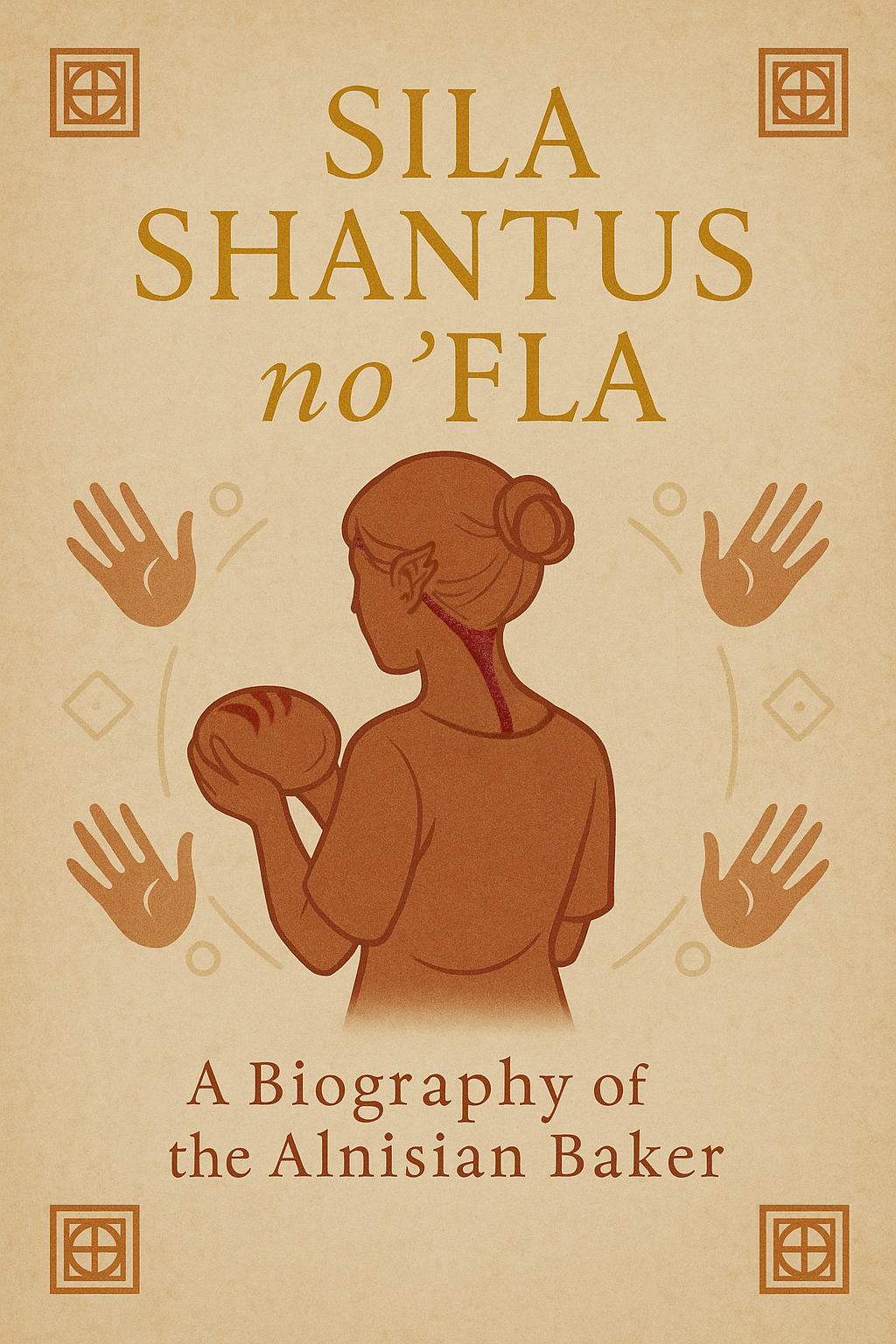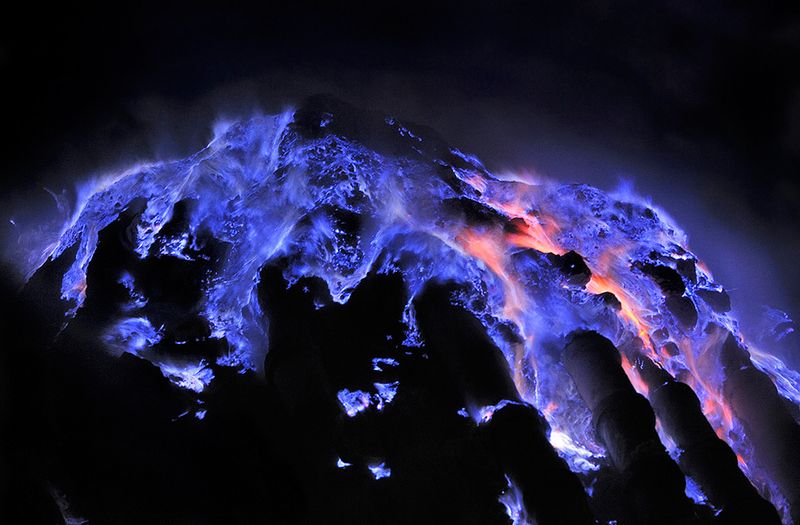Sila was born late into the day1, the stars beginning to peek in through the window as her mother lay on the pregnancy bed. Each nurse transitioned in and out as the evening shift of the hospital took over, checking her vitals, making sure the machines connected to her were running, and running all the other necessary checks that were needed. The room was busy but serene until the big moment had arrived. Moving like clockwork, the delivery team executed their routine flawlessly. Trivini, Sila's soon to be blood-mother2, followed the directions of her guidance-nurse to a mostly pain-free delivery. Gathered around the exhausted mother, each of Sila's five other parents were witness to their first miracle. They made jokes about one of Sila’s mothers, Nina, taking the birth-seat next. She was due in only a couple of weeks herself.
When the nurses were cleaning Sila, and making sure she was healthy, they took note of her golden traits3, the hereditary anomalies that were vegetian's curse. Gorgeous stripes ran along her brow, curving down to the back of her neck, then trailed down her spine. The pattern branched out evenly in a couple locations, wrapping her around her tiny body. They shimmered with a red hue in the florescent lights, pale when shadows fell over her. The newborn even had the same small double-points in her ears that her blood-father, Vorix, had.
Named jointly by Trivini and Vorix, Sila was derived from the Holicikus4 word for star. Her families sereta5, or family unit, was chosen as Shantus when her parents had all bound together. Finally, she wore the maternal prefix of her mother, the no' line, and the suffix of her father, 'Fla, so that she knew any others she may share blood with.
The medical staff inspected Sila with a gentle, but methodical, ease. Every trait that could tell the staff anything about her current and future health was noted. Of importance, two tiny and malformed vestigial wings jutted from her shoulder blades, one of the unfortunate traits sometimes inherited with vegetian golden traits. Before the doctor handed Sila to Trivini, the surgery to remove them was already planned. Vegetians were not meant to have wings. Sila was lucky hers manifested as minuscule, bony clumps near her shoulders.
It took a couple of months for Sila to be released home. The surgery for Sila's wings went smoothly, but her small body needed to rejuvenate. Alnisians, masters of growth, had pods designed specifically for children undergoing the process. Sila spent twelve hours a day for those first couple of months with IV tubes for hydration and nutrition, as the pods used complex arcanery6 to induce healing. During this time, her blood-parents were provided state-sanctioned absence-of-citizenry to stay with Sila all day. Had Sila's sister Agnit not been born while she was in recovery, her other parents would have been there much more than they were. With all the chaos, each still visited as often as much as they could in their free time, bouncing between visiting Sila and helping her mother Nina recover.
The Sirivaklouin7, her caste marking, was her last procedure, done the day she went home. Her blood-mother, blood-father, and Likar-father took her home from the hospital with elated feelings for a joyous future. She joined her family of three mothers and fathers, and her week-younger sister, Agnit, with great fanfare. Another week would pass and her blood-grandparents joined them for a week to celebrate, overlapping with Agnit's. Over the next couple of months, the other sereta-grands8, the full families of each grandparent, would visit in time to see how Sila's own family was growing.
Though they had their own nursery, they slept in their parent's shared room until they were nine months of age. Even then, each parent rotated the monitors they used to listen in on them as they slept. It wasn't uncommon for the girls, in separate cribs pressed together, to fall asleep touching one another between the bars of their infant bed.
Both of the children proved to be fast learners. They could walk and were talking child-gibberish within a year. It wasn’t much longer after that their parents began taking them to children’s parks and social centers to begin socializing. In no time, they seemed almost independent, running from their parents to play in their own adventures.







